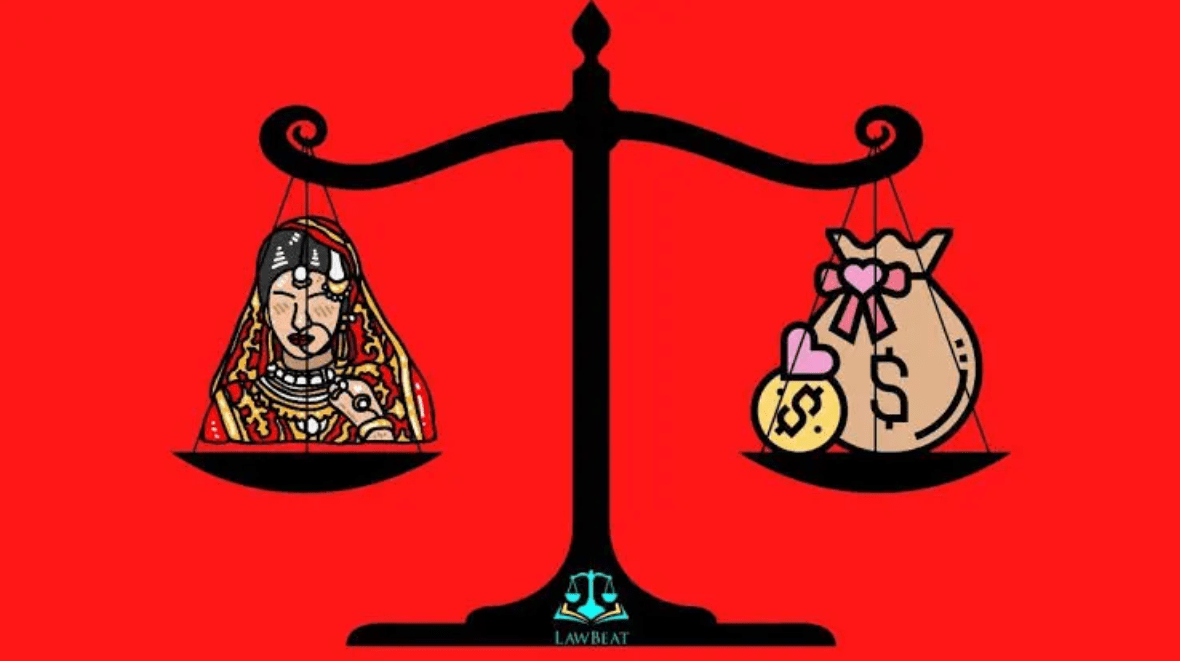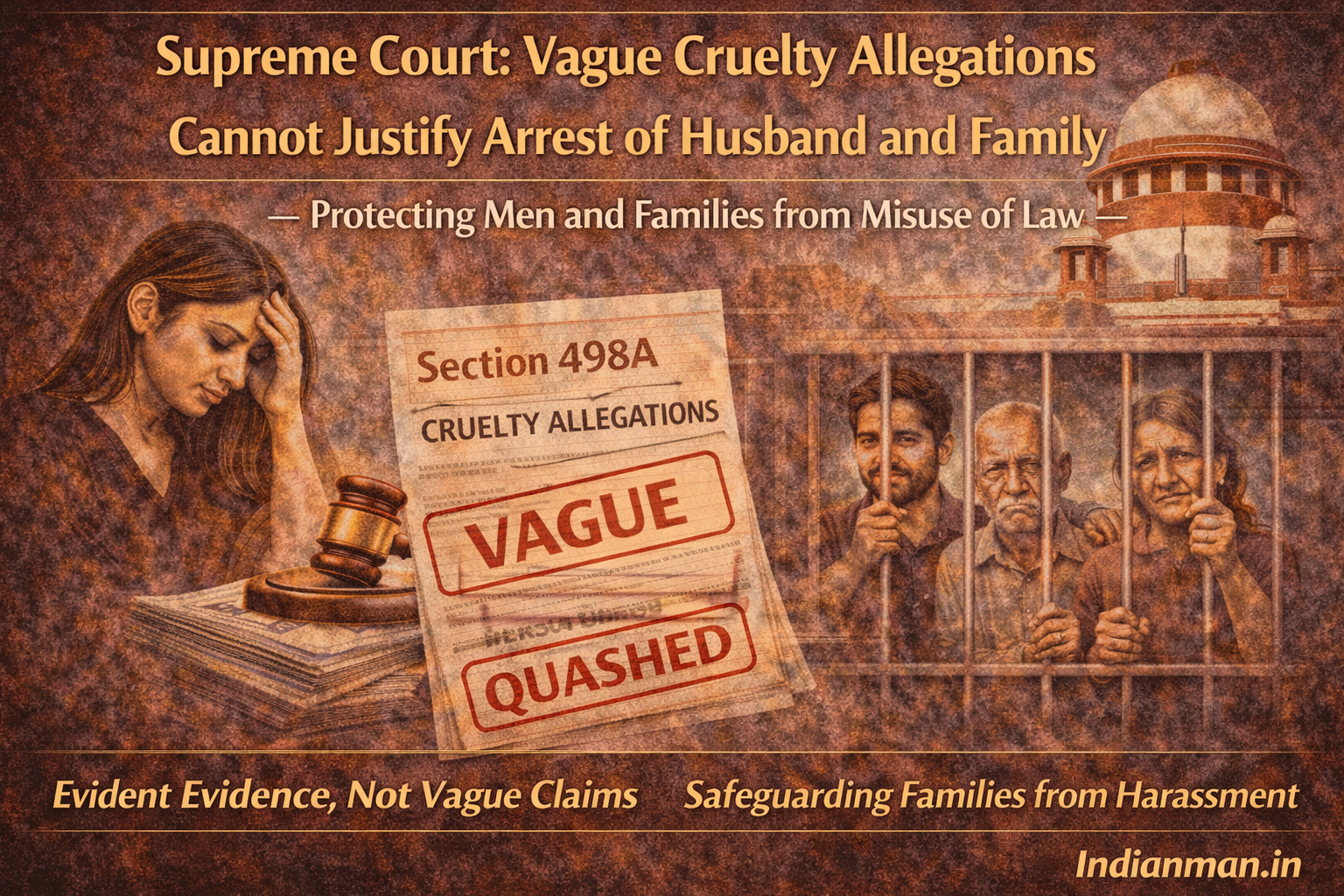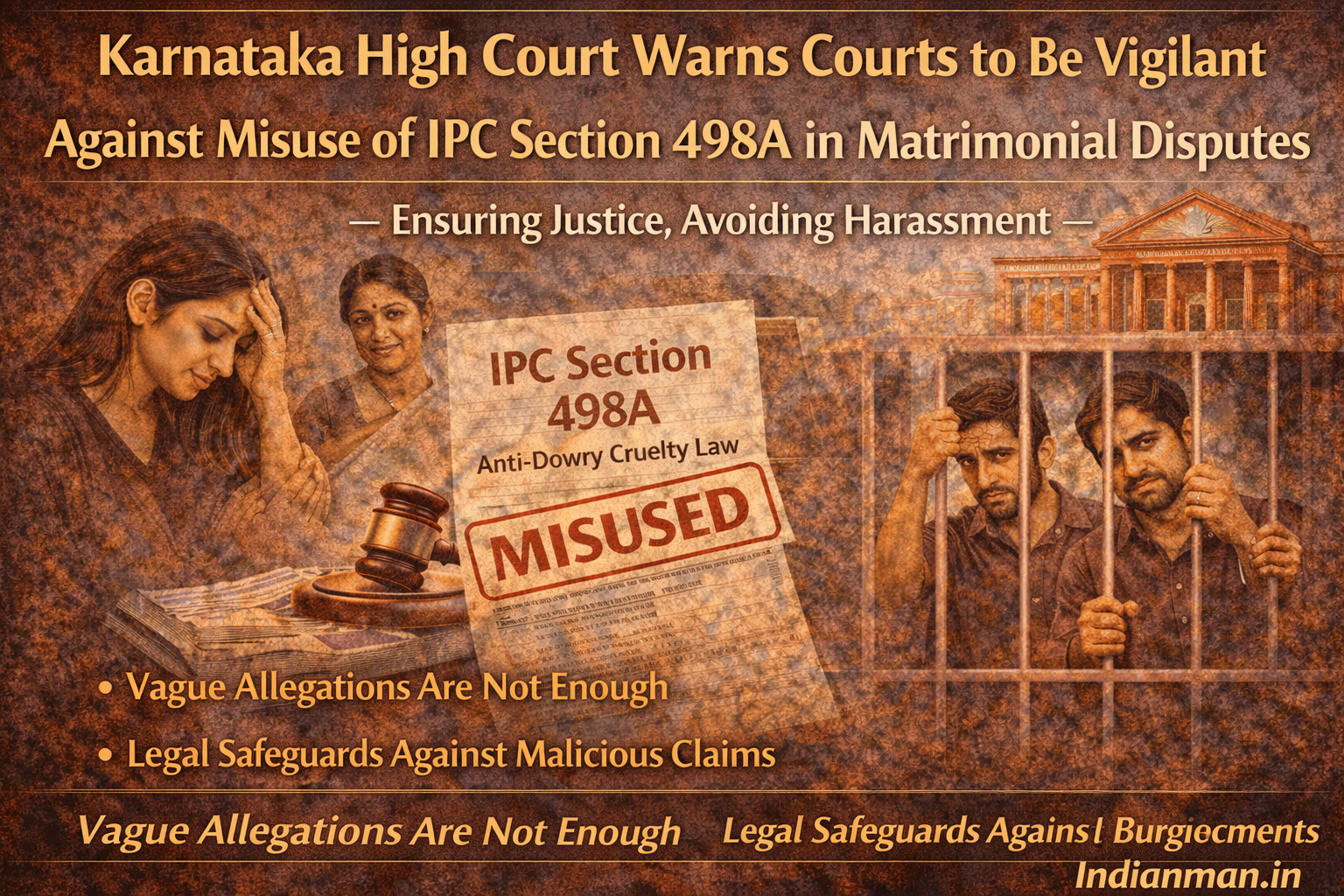The Delhi High Court recently stated that the ongoing issue of dowry deaths is not just a reflection of male dominance but also involves women perpetuating hostility towards other women. The Court highlighted that these tragic cases expose a deeper societal failure, where women are still often regarded as financial burdens.
Justice Swarana Kanta Sharma, while addressing the case, pointed out the disturbing reality that dowry deaths are not solely caused by male oppression. Instead, they often reveal situations where women themselves contribute to the hostility faced by other women in marital homes.
“Such cases not only showcase male dominance but also demonstrate how women can perpetuate hostility towards their counterparts. This reflects a broader societal mindset where women are seen as financial liabilities, their marriage prospects prioritized over education or career, especially in weaker economic sections,” noted the Court.
The Court further observed that psychological and emotional abuse caused by persistent dowry demands can be more damaging than physical violence. Justice Sharma mentioned how women are pressured into asking their families for money or valuable items, reinforcing the belief that the bride’s family is obliged to fulfill such demands.
The case involved a man named Satpal Singh, who was convicted for abetting his wife’s suicide in 2000. Singh had been sentenced to 10 years of rigorous imprisonment by a trial court under Sections 498A (cruelty towards wife) and 304B (dowry death) of the Indian Penal Code.
The Court upheld the trial court’s judgment, noting that the deceased woman had been subjected to severe psychological and emotional trauma. She was isolated from her family, denied basic necessities, and treated like a slave due to her inability to meet dowry demands.
“To treat a woman as a slave because of her marital status is a grave injustice. Women should not be forced into a life of violence or deprivation simply because their families cannot meet the insatiable demands of their in-laws,” remarked Justice Sharma.
The Court ruled that since the convict has been on bail since 2009, he must surrender within 30 days to serve the remaining portion of his sentence.
Be a part our social media community:
Facebook: https://www.facebook.com/IndianMan.in?mibextid=ZbWKwL
Instagram:
https://www.instagram.com/indianman.in?igsh=MWZ2N3N0ZmpwM3l3cw==



